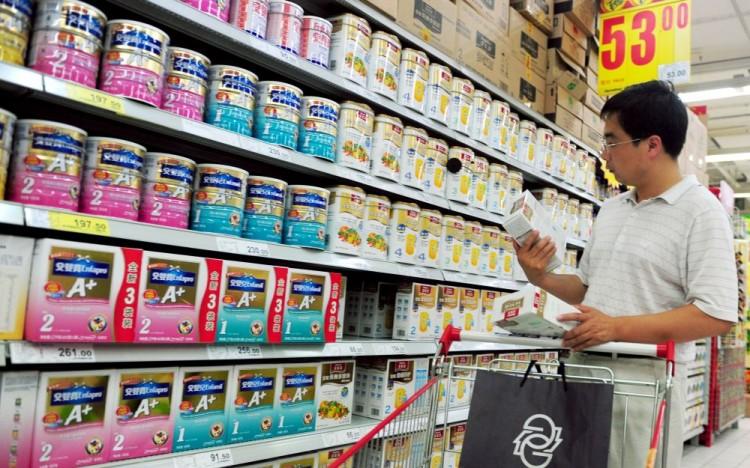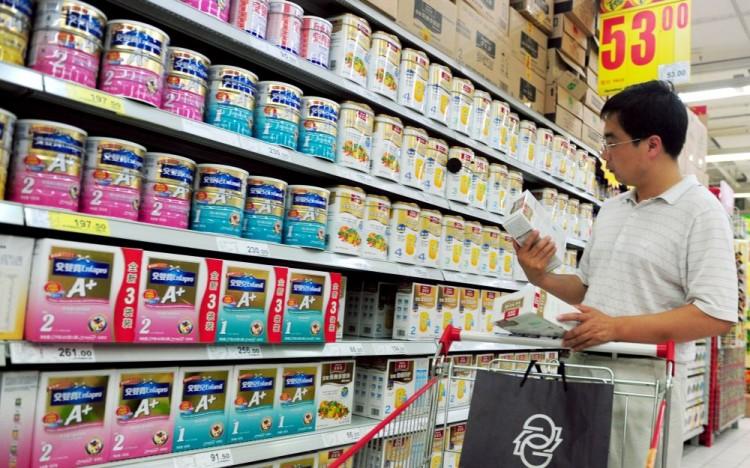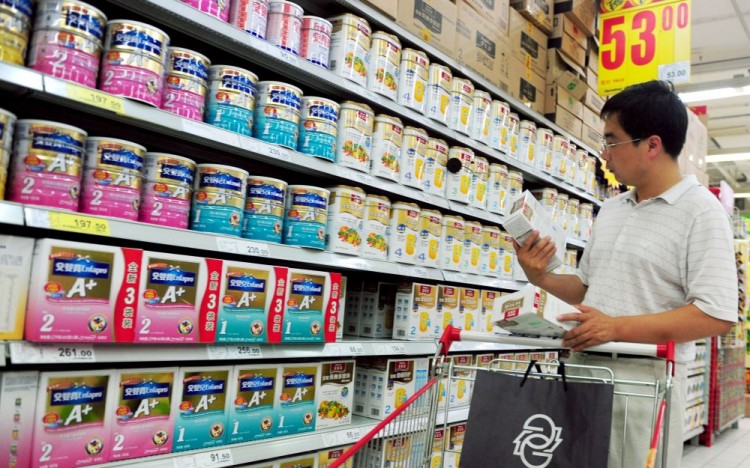A free downloadable food safety manual called China’s Survival Booklet has attracted overwhelming interest in China.
The new software gives users a simple way to organize toxic food products and appears in both Apple and Android versions. It went online May 24 and more than 200,000 copies were downloaded in three days, becoming the first-place product in Apple online store’s China section.
Many Chinese people were concerned about dangerous food even before infants and children were injured and killed in 2008 by milk powder adulterated with melamine. Food scandals have emerged in China for years, and even the unborn have become victims of toxic food.
Rice, flour, oil, salt, pig oil, noodles, and steamed bread have all been poisoned in past incidents. Toxic additives have included hormones, non-food colorants, preservatives, sodium formaldehyde, methylene oxide, industrial dye, lean meat powder made from melamine, bleach, anti-staling agents, whitening agents, ripeners, formalin—otherwise known as formaldehyde, industrial salts, urea, panaplate—an insecticide, and the highly toxic pesticides 1605 and 391.
China’s Survival Booklet speaks to the public’s concern over the food situation in China. One netizen commenting on the booklet wrote, “the publication indicates that poisoned food is everywhere, and almost nothing is safe to eat.”
The recent experience of the “Casting Outside” website also shows how intense is the interest in China in food safety. Wu Heng, who graduated from Fudan University in Shanghai with a degree in geography, and his students working as volunteers created the “Casting Outside” website about food safety.
The volunteers collected research reports after 2004, and their website listed 2,400 cases that violated the nation’s food and safety regulations.
They also used the Google search engine to find 3,000 food safety-related news reports, which they published online. Heavy traffic crashed the “Casting Outside” website.
Some netizens said producing China’s Survival Booklet was courageous and generous, and could be considered an act of moral virtue.
Its author has chosen to remain anonymous, but has complained that no Chinese officials concerned with food safety have attempted to get in touch with him.
Read the original Chinese article.
The Epoch Times publishes in 35 countries and in 19 languages. Subscribe to our e-newsletter.







